RV vs Tiny House? Find Your Perfect Compact Living Solution
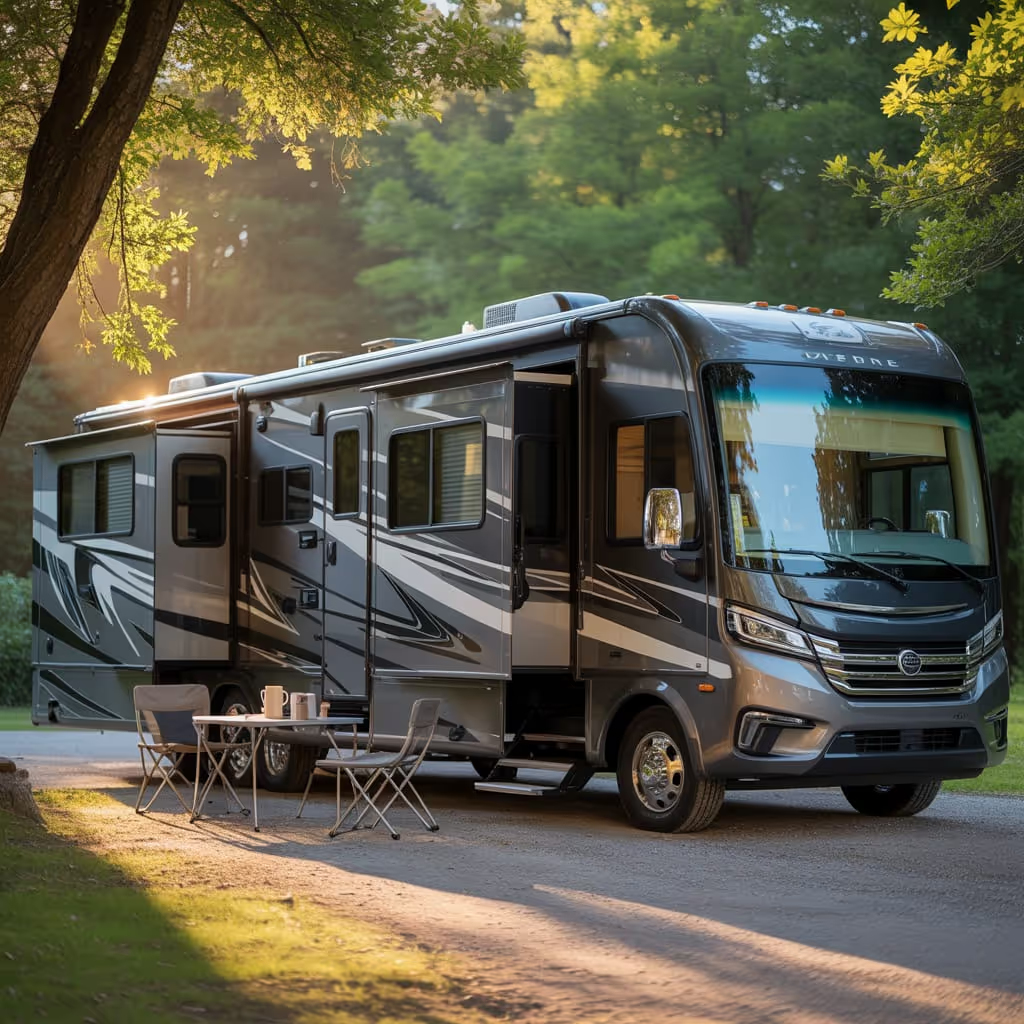
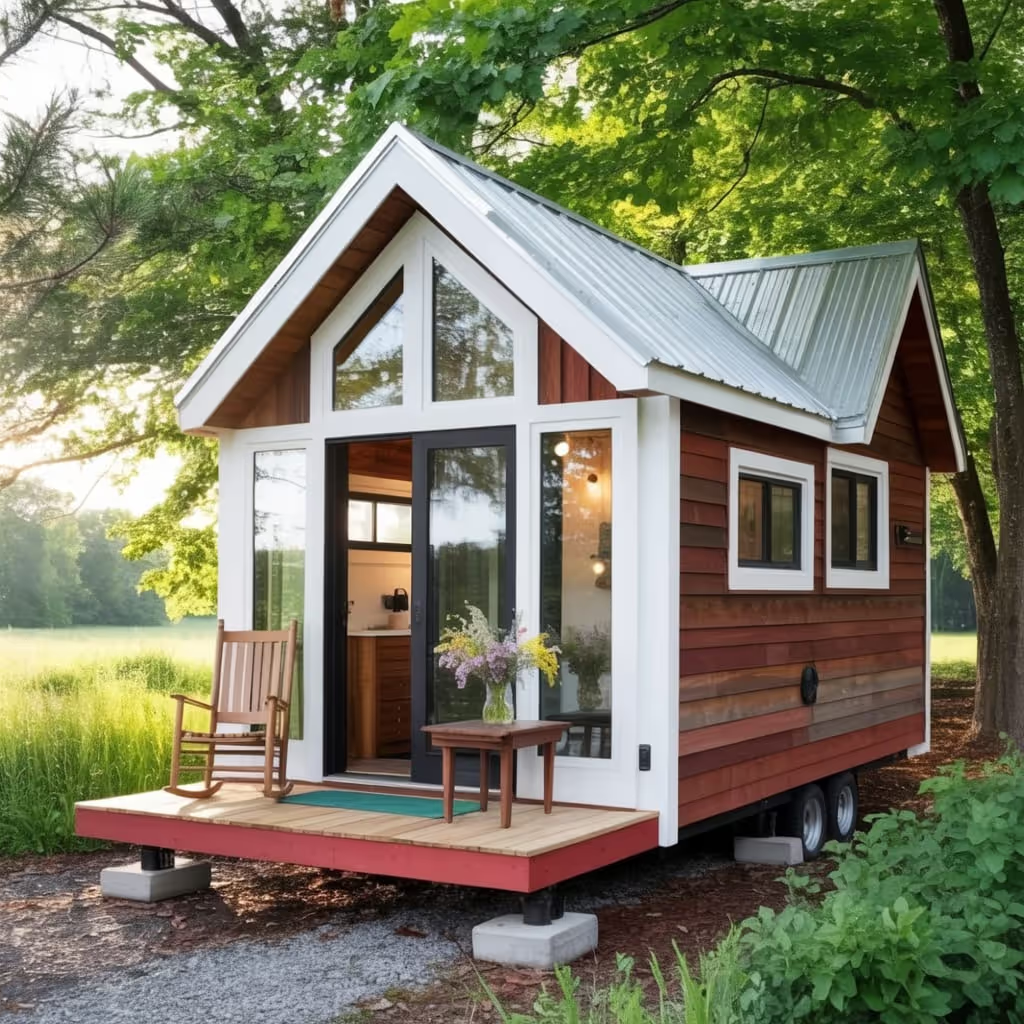
Quick Overview
Breaking It Down by Feature
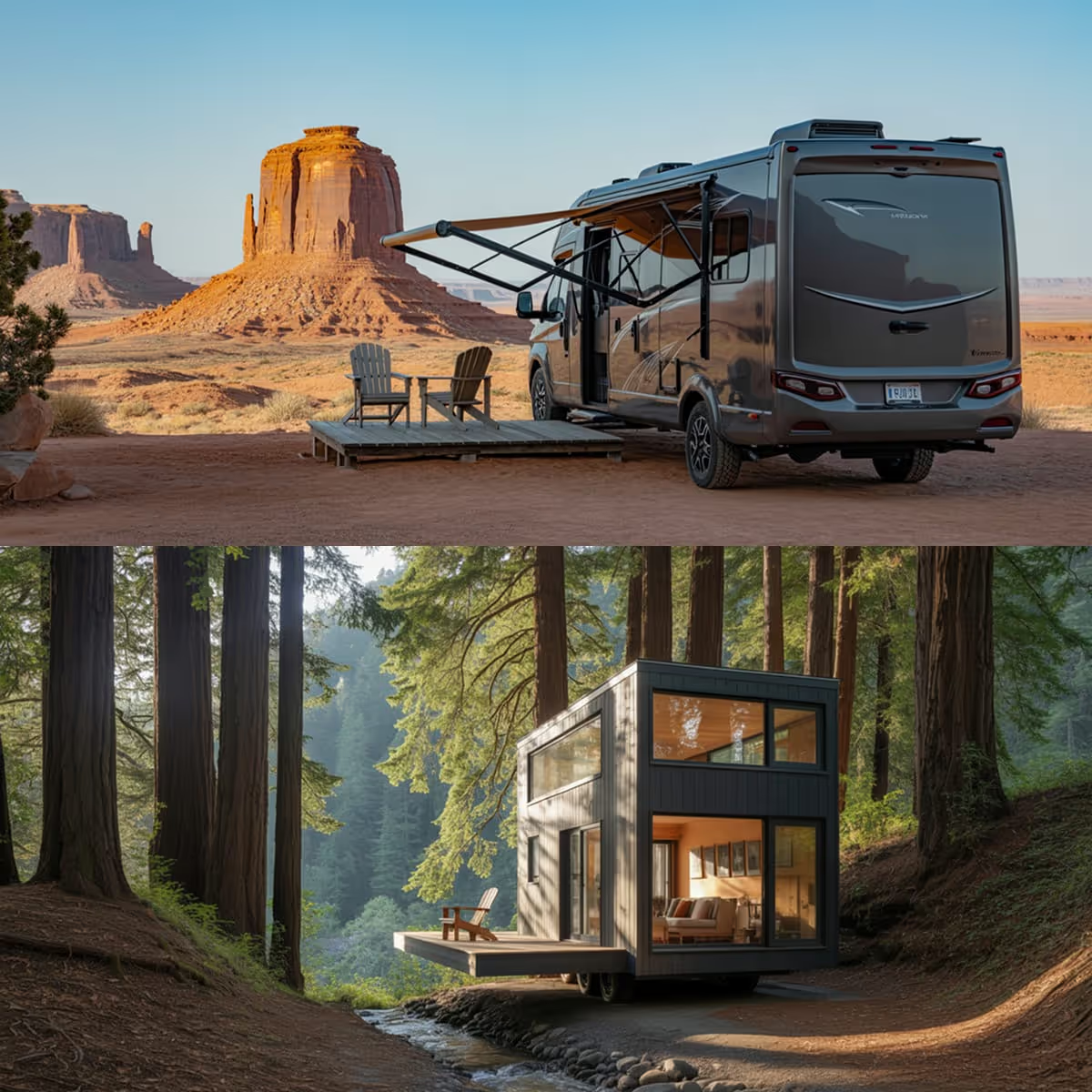
Setup & Portability
RVs are designed for mobility, allowing users to park, set up utilities, and relocate with minimal effort, often within a single day. Tiny Houses typically require more effort to transport and install, as they may need towing permits and can involve semi-permanent anchoring.
Build Materials & Weather Readiness
Most RVs use lightweight composite materials and built-in weatherproofing, but extreme temperatures or heavy storms can challenge their durability. Tiny Houses are constructed with residential-grade materials and better insulation, making them more resilient to a wider range of climates and weather conditions.
Comfort, Insulation & Space
RVs offer compact living arrangements with efficient use of space, though insulation and headroom can be limited compared to traditional homes. Tiny Houses provide more generous insulation, higher ceilings, and increased space customization, resulting in improved comfort for longer-term living.
Maintenance & Lifespan
Regular maintenance is needed for RV systems like plumbing and electrical, and their lifespan is often limited by exposure and frequent travel. Tiny Houses generally require less frequent repairs, and with quality upkeep, can last decades much like a conventional small home.
Aesthetic Appeal
RVs have a functional, often standardized interior design focused on practicality, which can limit opportunities for personalized or distinctive décor. Tiny Houses allow for greater design flexibility, enabling owners to tailor both the exterior and interior aesthetics to individual preferences.
Pricing & ROI
RVs usually have a lower upfront cost but depreciate rapidly and may have a lower resale value after several years of use. Tiny Houses involve a larger initial investment, but they tend to hold value better and can offer a higher long-term return on investment.
Frequenty Asked Questions
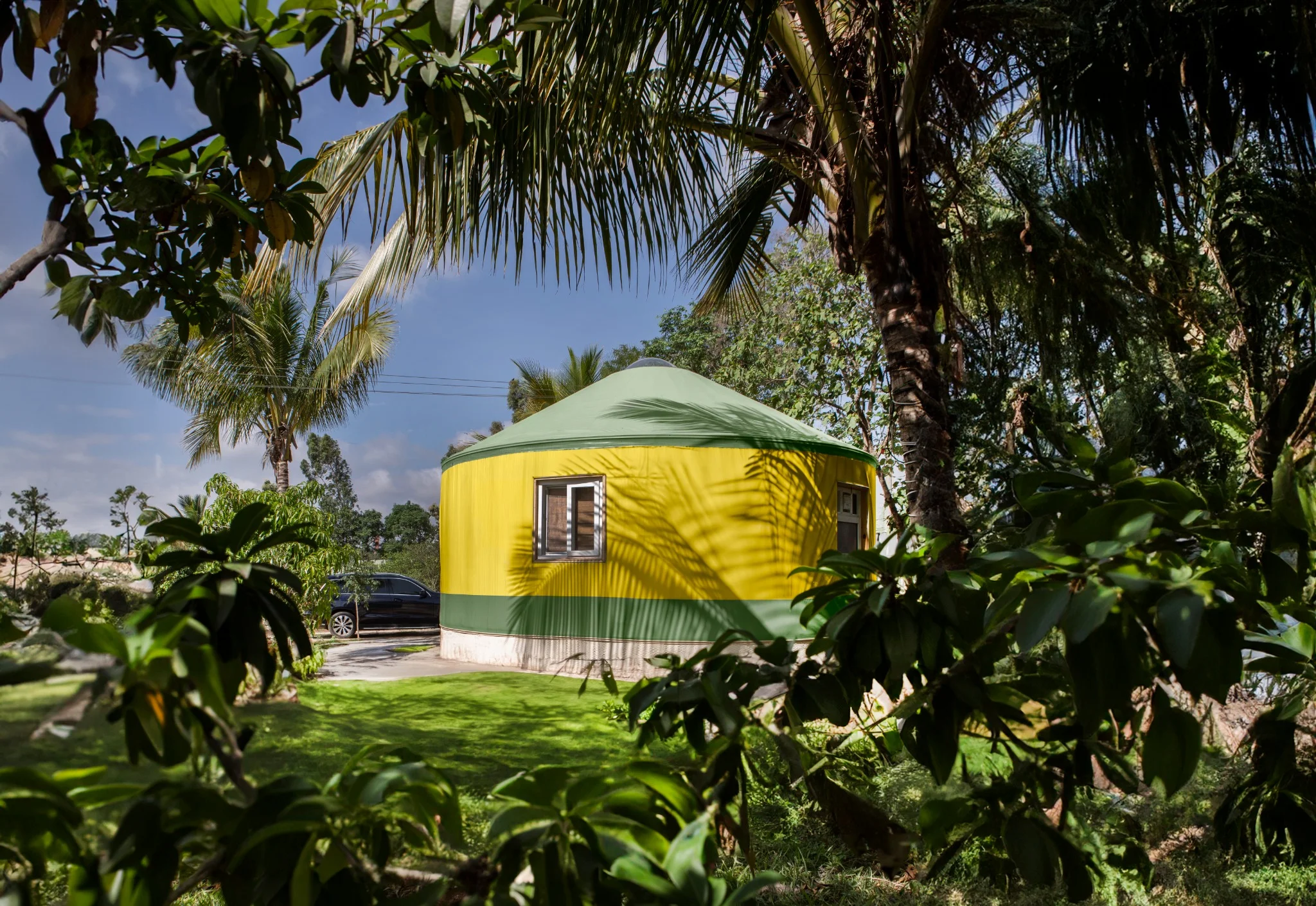
Which lasts longer, Recreational Vehicle (RV) or Tiny House?
Tiny houses generally last longer than RVs due to sturdier construction and residential materials, while RVs tend to require more maintenance and have a shorter lifespan.
Which is more comfortable for year-round use, Recreational Vehicle (RV) or Tiny House?
Tiny houses offer better insulation and space, making them more comfortable for year-round living compared to RVs, which may struggle with temperature extremes and limited amenities.
Do Recreational Vehicle (RV) or Tiny House require a lot of maintenance?
Tiny houses provide superior comfort for all-season living, thanks to better insulation and more permanent fixtures, whereas RVs can feel cramped and have less effective climate control.
How well do yurts handle extreme weather compared to Recreational Vehicle (RV) or Tiny House?
For year-round comfort, tiny houses are preferable because of their better insulation and home-like environment, while RVs are more suited for short-term or seasonal stays.
Do Recreational Vehicle (RV) and Tiny House need building permits?
Tiny houses are typically more comfortable for year-round use, offering robust insulation and residential features, while RVs are often less insulated and more vulnerable to weather changes.


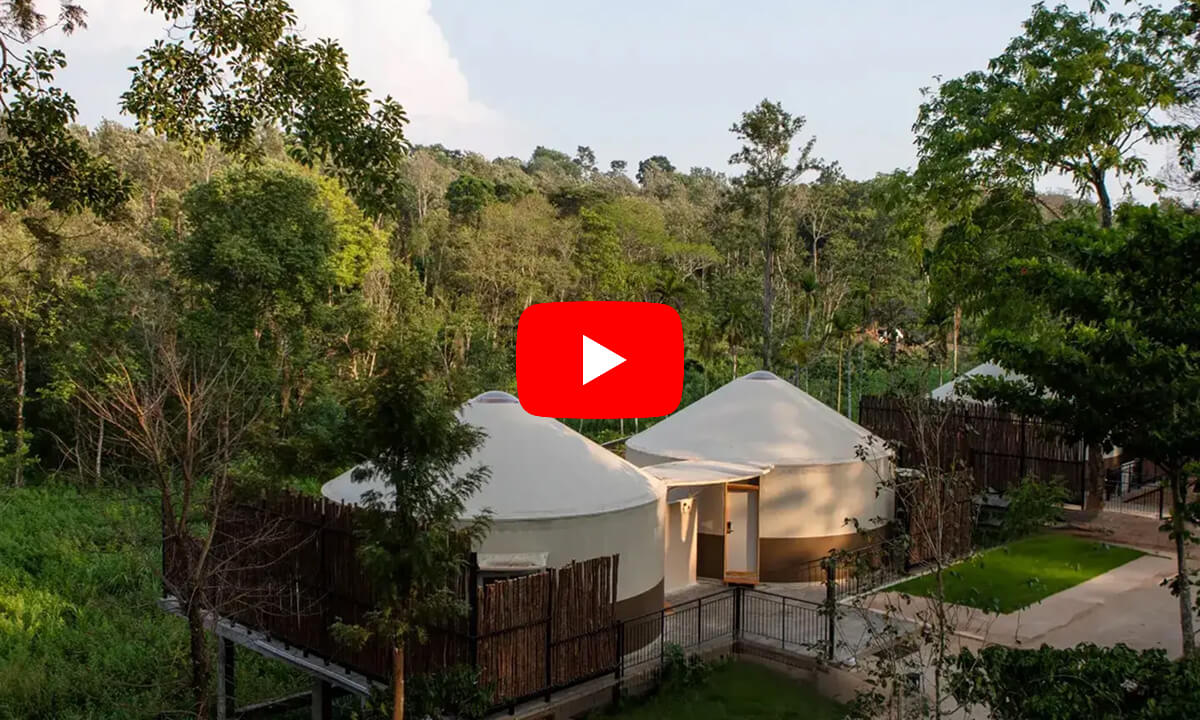

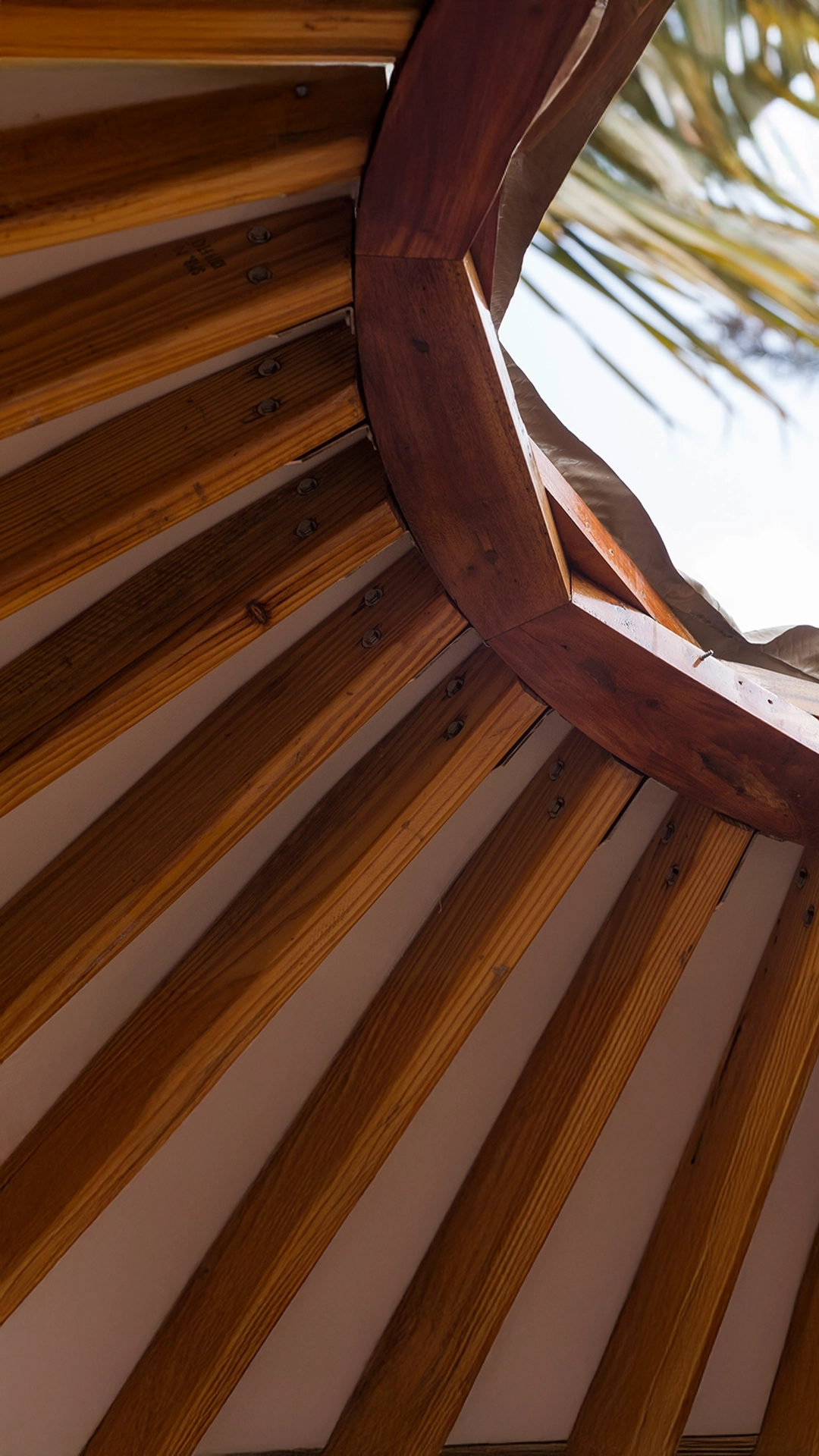
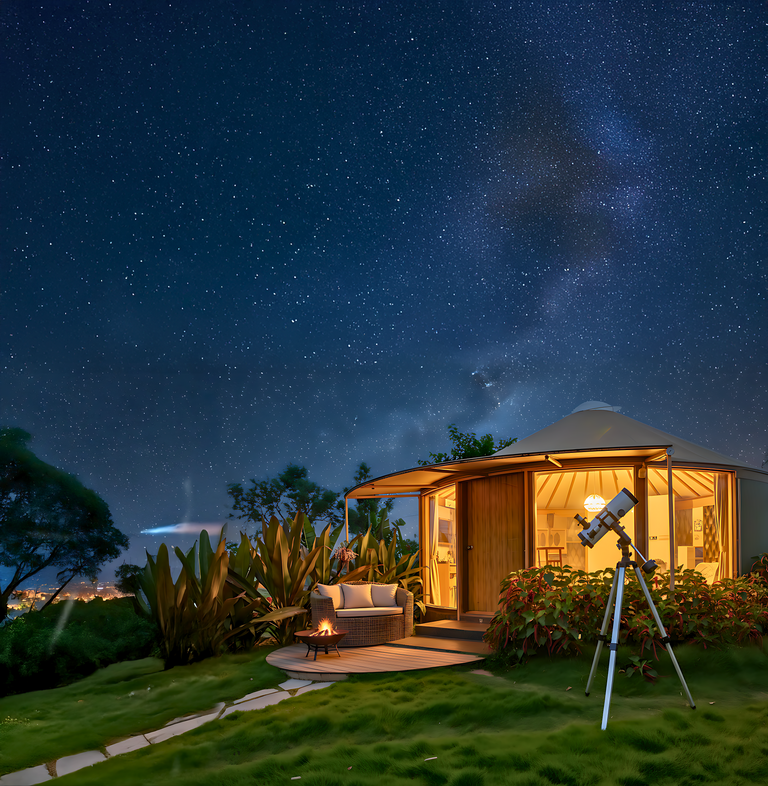
.png)

